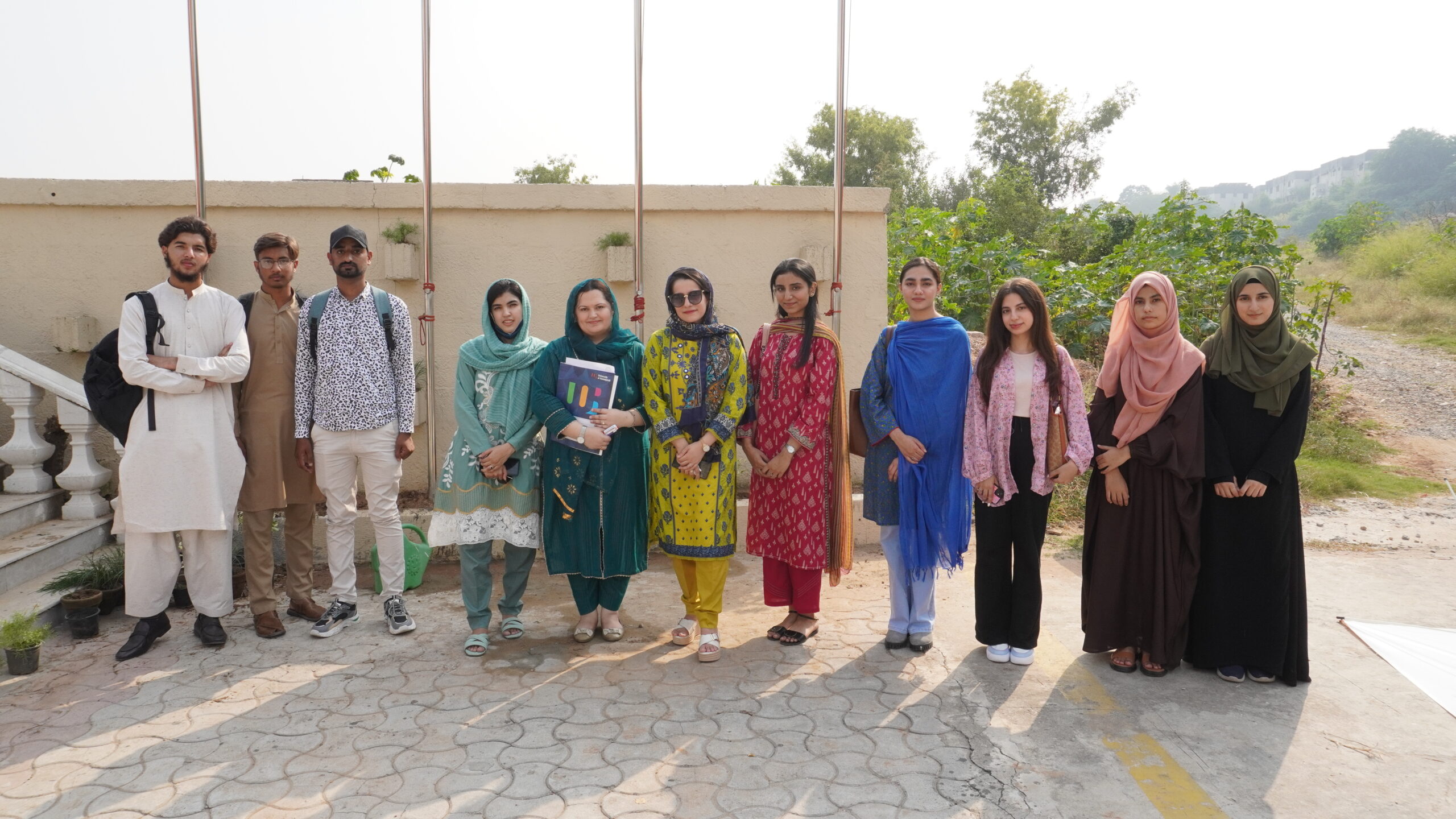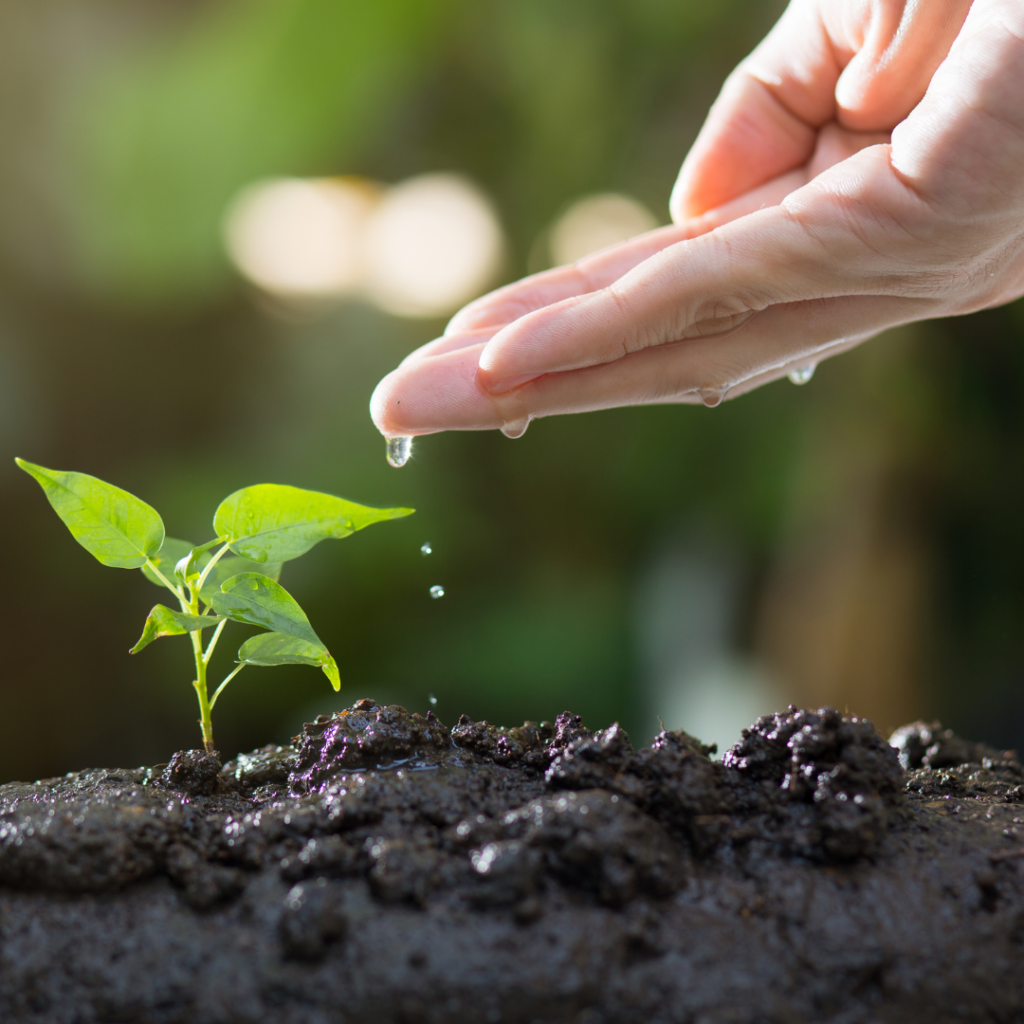Trees are more than just nature’s wonders they’re the backbone of our ecosystem and essential for the survival of all life on Earth. In recent years, tree planting has emerged as a powerful way to combat environmental issues, from deforestation to climate change. But beyond its environmental impact, planting trees can cultivate personal growth, unite communities, and inspire change. At University of Rawalpindi’s “Green Day” during Orientation Week, students actively participated in a plantation drive, sowing plants into the soil, symbolizing the start of both a greener campus and their own academic journeys.
The Importance of Trees in Our Ecosystem
Trees play a vital role in balancing our environment. They absorb carbon dioxide, release oxygen, provide habitats for wildlife, and prevent soil erosion. In short, trees sustain life on our planet in ways we often take for granted. On plantation day, students at University of Rawalpindi took their first steps toward becoming environmental stewards, planting seeds that will grow alongside their knowledge and ambitions.
Understanding the Impact of Tree Planting
Planting a single tree can have profound effects, but imagine the power of millions of trees. It’s not just about adding greenery. It’s about restoring balance to ecosystems that have been disrupted by human activity. By engaging students in this act of environmental care, the university emphasizes the importance of giving back to nature as they embark on their academic paths.
Environmental Benefits of Trees
Trees are natural carbon sinks, absorbing CO2 and reducing greenhouse gases in the atmosphere. This helps to mitigate climate change, purify the air, and cool down cities affected by the heat island effect. Additionally, trees help prevent flooding by absorbing rainfall and supporting water cycles. As students planted their first seeds during the Green Day event, they were contributing to these long-term environmental benefits.
Social and Economic Impact of Reforestation
Beyond environmental gains, reforestation drives have socioeconomic benefits. Communities that engage in tree planting initiatives often experience enhanced local biodiversity, new job opportunities, and increased tourism in reforested areas. Planting trees also provides a sense of accomplishment and purpose, contributing to better mental well-being. Planting trees also provides a sense of accomplishment and purpose, contributing to better mental well-being. For the students of Rawalpindi University, this activity allowed them to not only engage in a symbolic act of growth but also experience the profound connection between environmental care and community well-being.
Why the World Needs More Trees?
The world faces a stark reality: deforestation continues at an alarming rate. Cities are expanding, forests are being cleared, and ecosystems are becoming imbalanced. This is where tree planting steps in as a critical intervention. By involving students in hands-on planting activities, University of Rawalpindi is instilling in its new students an awareness of their role in combating global challenges, starting from the local level.
Urbanization and Deforestation Challenges
As urban areas grow, trees are often the first casualties. Deforestation to make room for infrastructure not only destroys habitats but also contributes to pollution and global warming. Urban tree planting can help reverse some of these effects by providing shade, reducing energy use, and improving air quality.
Climate Change and the Role of Trees
Trees are one of our best defenses against climate change. By absorbing carbon dioxide, they reduce the concentration of greenhouse gases, which are the primary drivers of global warming. Planting trees is a straightforward, impactful way to help slow down climate change. For University of Rawalpindi, each seed planted on Green Day represents a small, yet significant, contribution to this global cause.
UOR Plantation Activity

Plantation Activity by Our Students
Newly enrolled student recently sown seeds and planted trees. This activity was a part of orientation week at university to make students feel that as their sown seeds will grow likewise, they will also grow with University of Rawalpindi. This place will become a place for our students where they will be valued, motivated and will be given courage to excel in every field of life. The area selected for plantation was a side by area of the University. There was a gardener aside who taught students proper way to plant a tree.

Conclusion: Growing Together for a Greener Future
Planting trees is more than just an environmental act—it’s a symbol of growth, resilience, and the power of collective effort. Whether you plant a single tree or contribute to a global reforestation project, each action counts toward cultivating a better, greener world. As we face the challenges of climate change, urbanization, and deforestation, planting trees offers a simple, effective solution that not only benefits the environment but also enriches our lives and communities. Together, we can sow the seeds of change for a sustainable future.
For more articles click here: Click!
FAQs
1. Why is tree planting important for combating climate change?
Tree planting helps reduce carbon dioxide in the atmosphere, a major contributor to global warming, making it an effective way to combat climate change.
2. How often should newly planted trees be watered?
Newly planted trees should be watered regularly for the first few years, especially during dry seasons, to ensure their roots establish properly.











